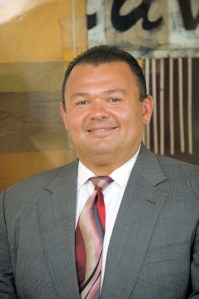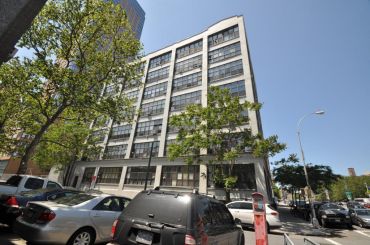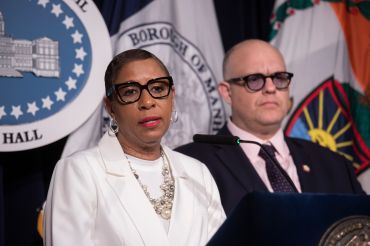John Lemanski of Margolin Winer & Evens on Forensic Accounting
By Daniel Edward Rosen March 30, 2012 2:30 pm
reprintsAlthough he jokingly refers to himself as a “Columbo” of the accounting industry, John Lemanski has seen his fair share of bookkeepers trying to cook the numbers or sneak a fast one past the eyes of big construction companies and real estate firms. As a senior manager of litigation services at Margolin, Winer & Evens LLP, Mr. Lemanski specializes in forensic accounting, or the specialty practice area of accountancy that results from actual or anticipated disputes and litigation. He spoke with The Commercial Observer last week about analyzing the numbers behind the deals as a way to conduct detective work.

The Commercial Observer: Forensic accounting requires more than looking at numbers, right?
Mr. Lemanski: What you really need to do is get behind the intent of how these people are doing these things and why they’re doing them, and then usually the intent will kind of lead you to the way in which they’re doing it.
With the simpler forensics being done on cash-skimming schemes, clearly you look at the balance sheet. You look at the income statements. You look at how these numbers are being run through. And you run some simple questions: How often has a bank reconciliation been done? Or you just observe what’s going on and you realize at some point all the cash isn’t making it to where it needs to make it to.
How often can these bookkeeping discrepancies be chalked up to improper behavior, and how often are they simply chalked up to poor workmanship or lazy accounting?
One of the big things that we see on a lot of these big forensic capers, shall we say, is really just simple, poor segregation of duties. I don’t tell people, “I can prevent you from being the victim of a scam.” But what I can do is I can help you create enough of an environment that would make somebody think twice about trying to perpetrate a scam in your business. How you do that, we go through this whole kind of checklist of, who is doing your bank recs? Who is doing that?
Do you switch those people from time to time? Do you have people overseeing them?
You run through this whole thing, but then I caution people [that] we can design a plan for all of this, and we can put it in a really strong plan of internal controls—and it can still happen.
Have you seen cases where a client was just getting completely fleeced right under his nose?
I have these little names for these little vignettes. “Don’t trust the bookkeeper” is one. “The unwitting schmuck” is the other. There is one great one: We were doing some investigation work on the tracing of cash in and out of a business [that was financing the construction of a shopping center], and we just needed to take a break. I stopped [the client] outside and I said, “By the way, have you ever even bothered to take a look at how much construction has gone on?”
He goes, “No. I never even thought to do that.”
That afternoon I got the address. I made a mental note that I should really go out and just take a look at this thing. Lo and behold, my daughter had a soccer game out in the area and I dropped her off early for her getting ready for the game. I said, “You know what, let me throw this address in the GPS, see what’s going on.” It was a completely wooded area, with just a house sitting in the middle of the property.
This guy thought he was paying for a shopping center?
Yeah, he thought they were sighting it for a shopping center and it was all just this nasty scam.
It’s surprising that such a blatant scam can go unnoticed, don’t you think?
What really constantly surprises me is how people are very quick to give their money to what I would call nonprofessionals looking to dabble in something they probably have no interest in. It does always seem so obvious after the fact. The problem is, when you’re in the middle of it, it’s not so obvious.


